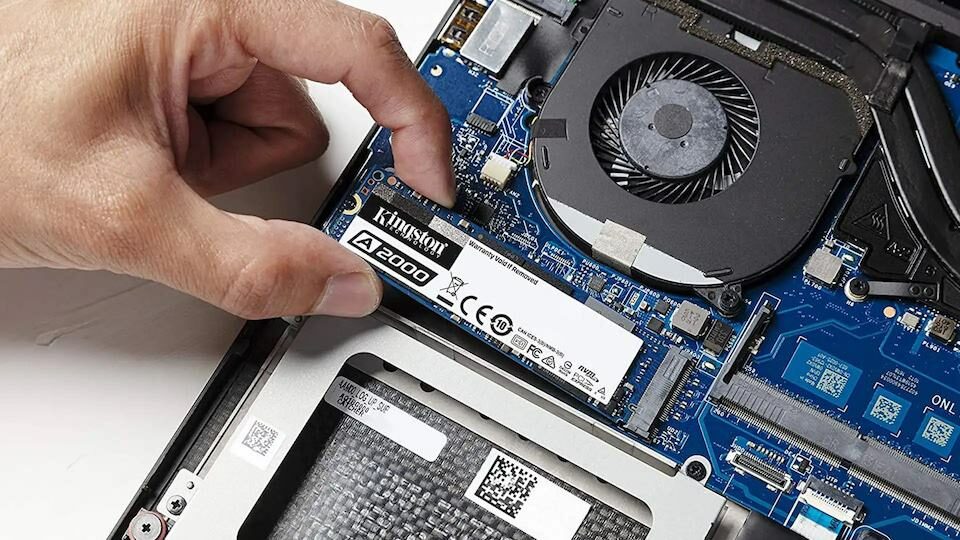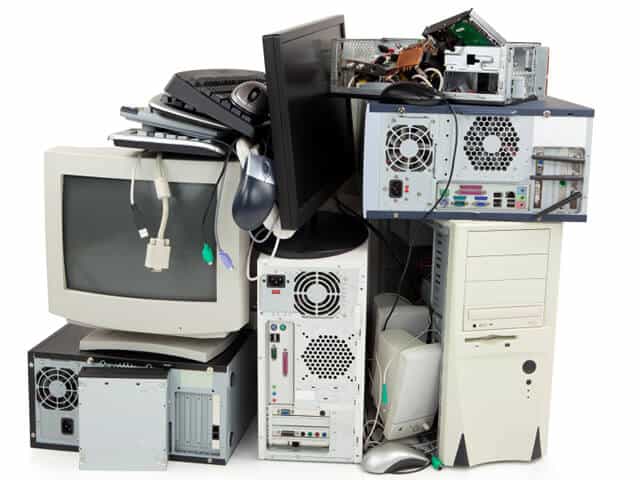A while ago, I was an avid photographer and stored hundreds of gigabytes of processed and unprocessed pictures on my computer. Sometimes, I spent hours making 360 degrees panoramas while my computer worked extra hard to combine the images.
Other people run virtual machines (computers inside the computer), develop software, design their dream houses, or make videos for Youtube and friends and family consumption. All of these place an additional load on even the most capable computers.
We've been asking my computer to do more and more. Is it any wonder it seems slower?
Upgrading a machine can only get you so much. Before replacing a machine with a newer, more powerful one, it’s worth examining our usage and seeing if our expectations have exceeded its capabilities. Changing what we do or how we do it can lengthen its usable lifespan.
Upgrades Only Go so Far
Upgrading computers used to be a common task for many users. When I was a teenager, I remember replacing component by component until, eventually, I ended up with top-of-the-line stuff that was still supported by the computer's main part - the motherboard. And yet over time, they still slowed down.
The slowdown wasn’t due to anything inherently wrong with the machines or the software. I simply continued to push each to its limits by virtue of the things I asked it to do.
And there are limits. The machine gets bogged down if I ask it to do too much, such as running too many programs simultaneously. So I stopped doing that. Once a machine is maxed out in terms of hardware, I choose not to do some things I would otherwise.
Of course, if that goes on long enough, I replace the machine with something more powerful. That, too, is a choice.
It’s Easy to Ask Too Much
When you’ve had a computer for a long time, it’s not uncommon to be in a similar situation, often without realizing it. Some people think computers are supposed to last as long as their household appliances or even cars!
You don’t have to run new applications to be “doing too much”. It can be as simple as your habits slowly changing over time. For example, how many tabs do you typically have open in your browser simultaneously? I wager it’s more than you usually had open five years ago. My browser frequently has at least 20 tabs open!
One thing that has changed dramatically over time is the amount of time we spend online and the number of different online services we use. As a result, we are multi-tasking more than ever and doing it all within our Internet browser. Each open tab takes more of your computer’s resources.
Thus your own change in behaviour — keeping more tabs open in your browser, in this example — has the side effect of demanding more from your computer than you may have in the past.
What to do
So, what do you do about it all?
- Review how you use your computer. Are you asking it to do too much? Are you trying to do too many things at once?
- Rather than leaving programs running or tabs open, consider closing them when you’re done to free up resources for what you’re actually doing. Your brain will thank you as well!
- Consider doing things — and thus running the applicable programs — in sequence, rather than simultaneously.
Eventually, as I did, you’ll probably end up getting a newer, faster, and more capable machine. But by being aware of and managing your own use of your system, you can delay that necessity as long as is pragmatically possible.
However, if you don't have the budget for a newer and better computer, upgrading your old one is still a viable alternative! The best upgrade you can do is to replace a hard drive (or old and slow solid-state drive) with a new SSD. This alone can make your computer much more pleasant to use!
Talk to us, and we can advise you on on the best course of action.







